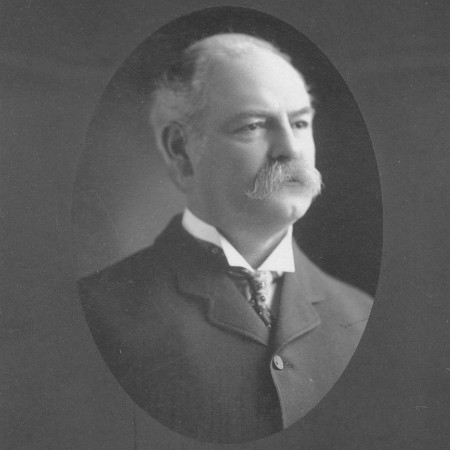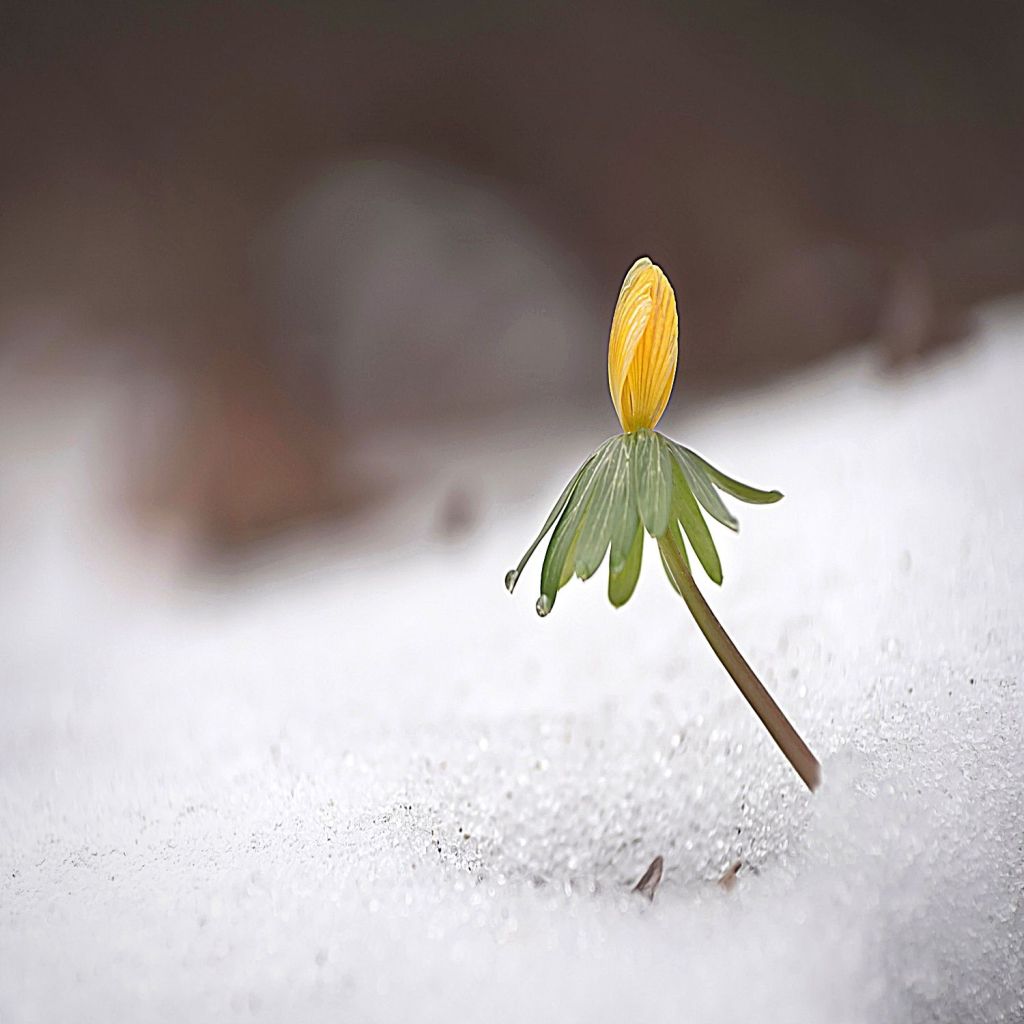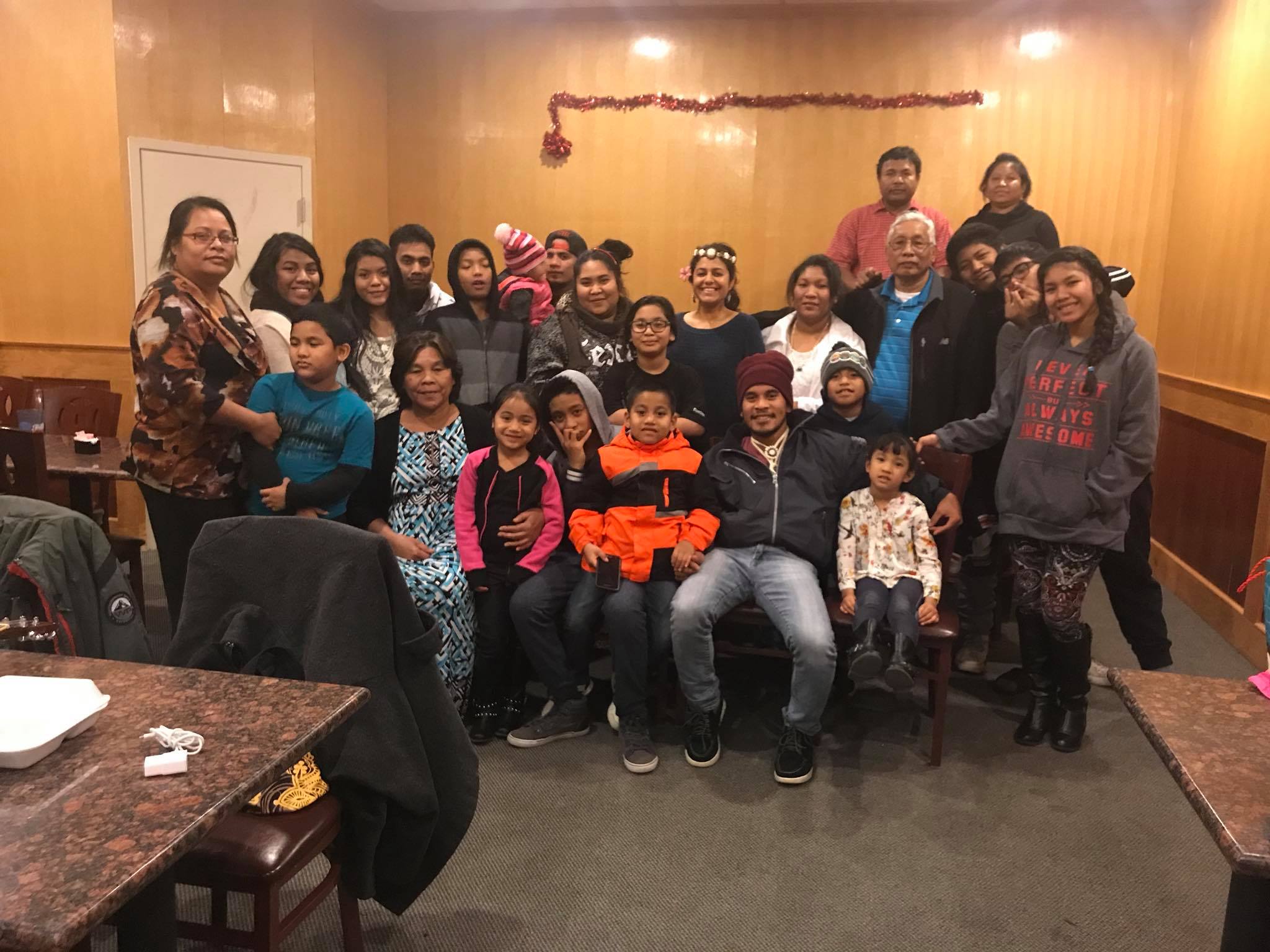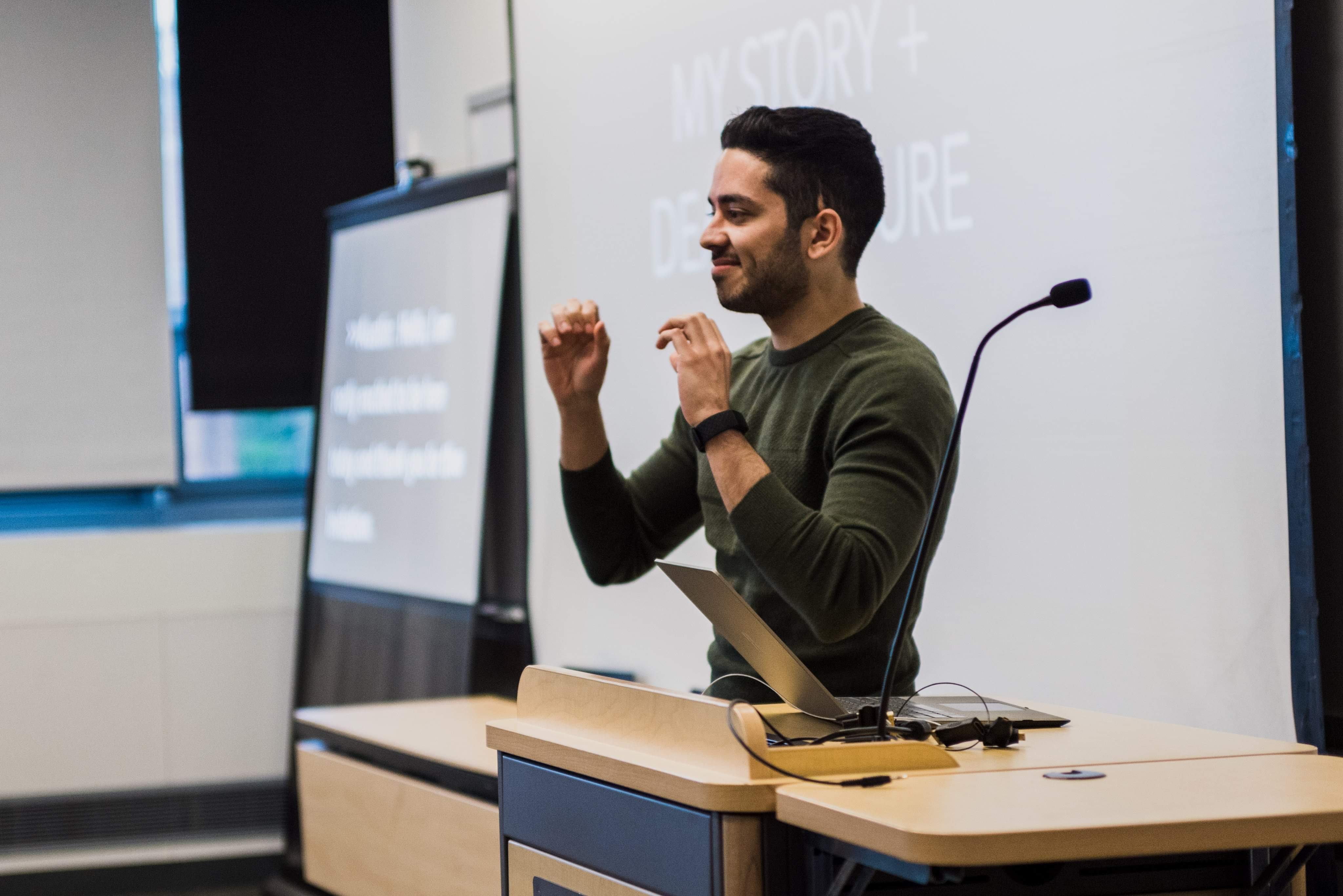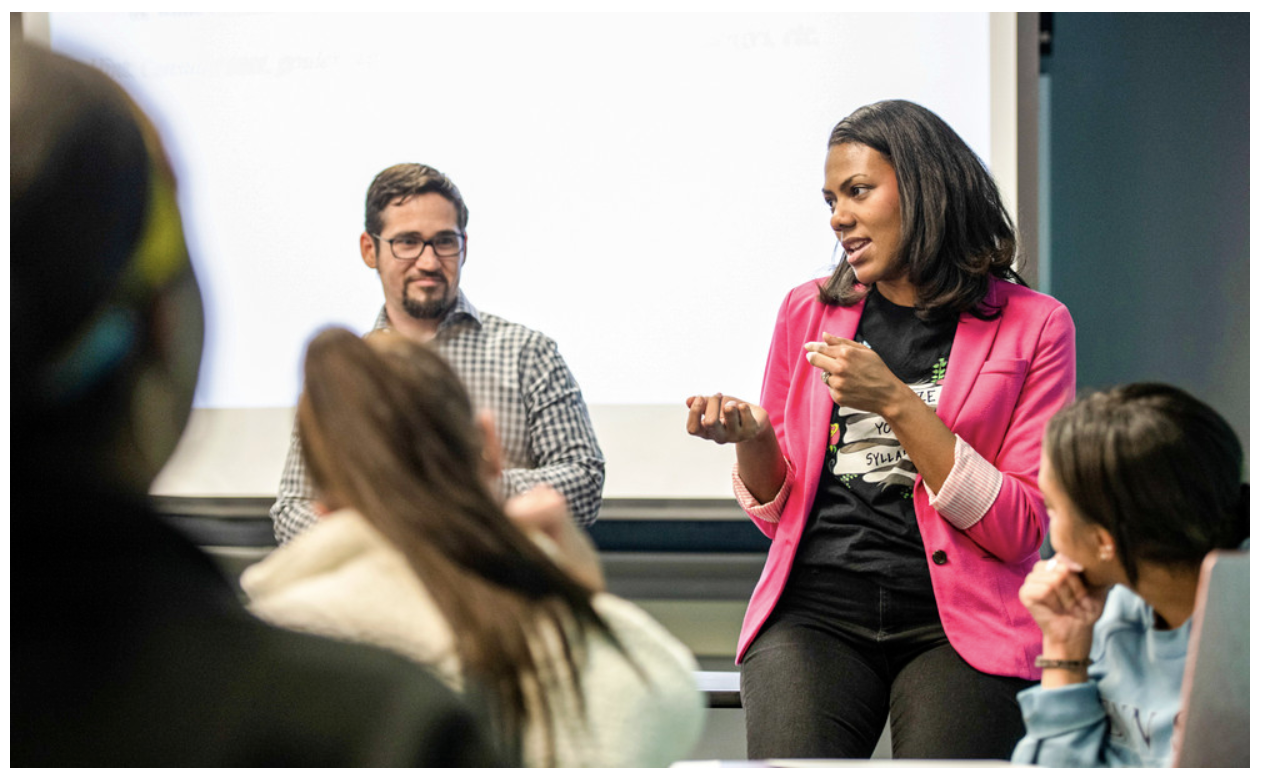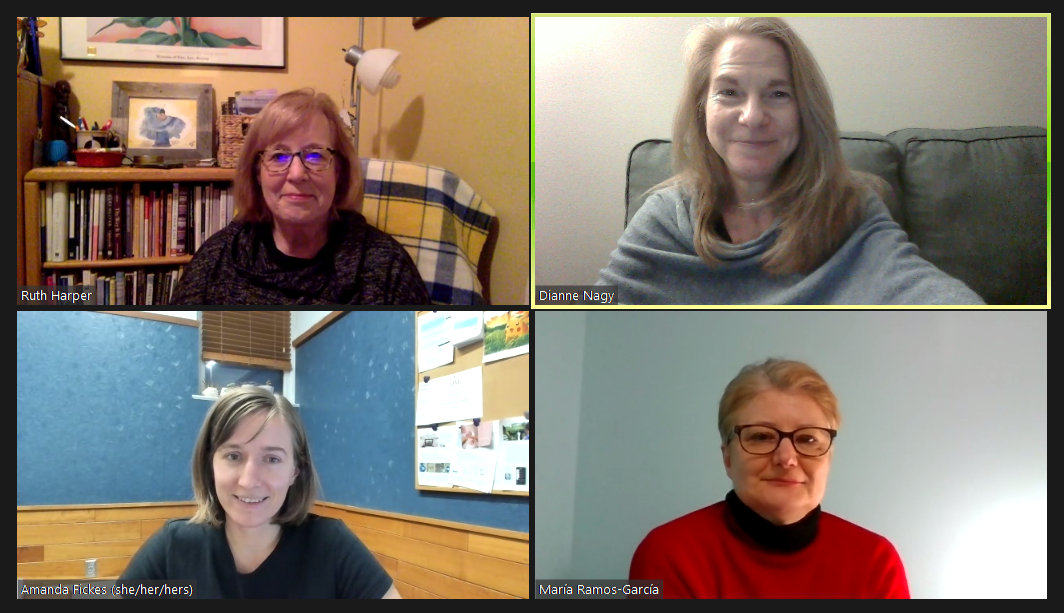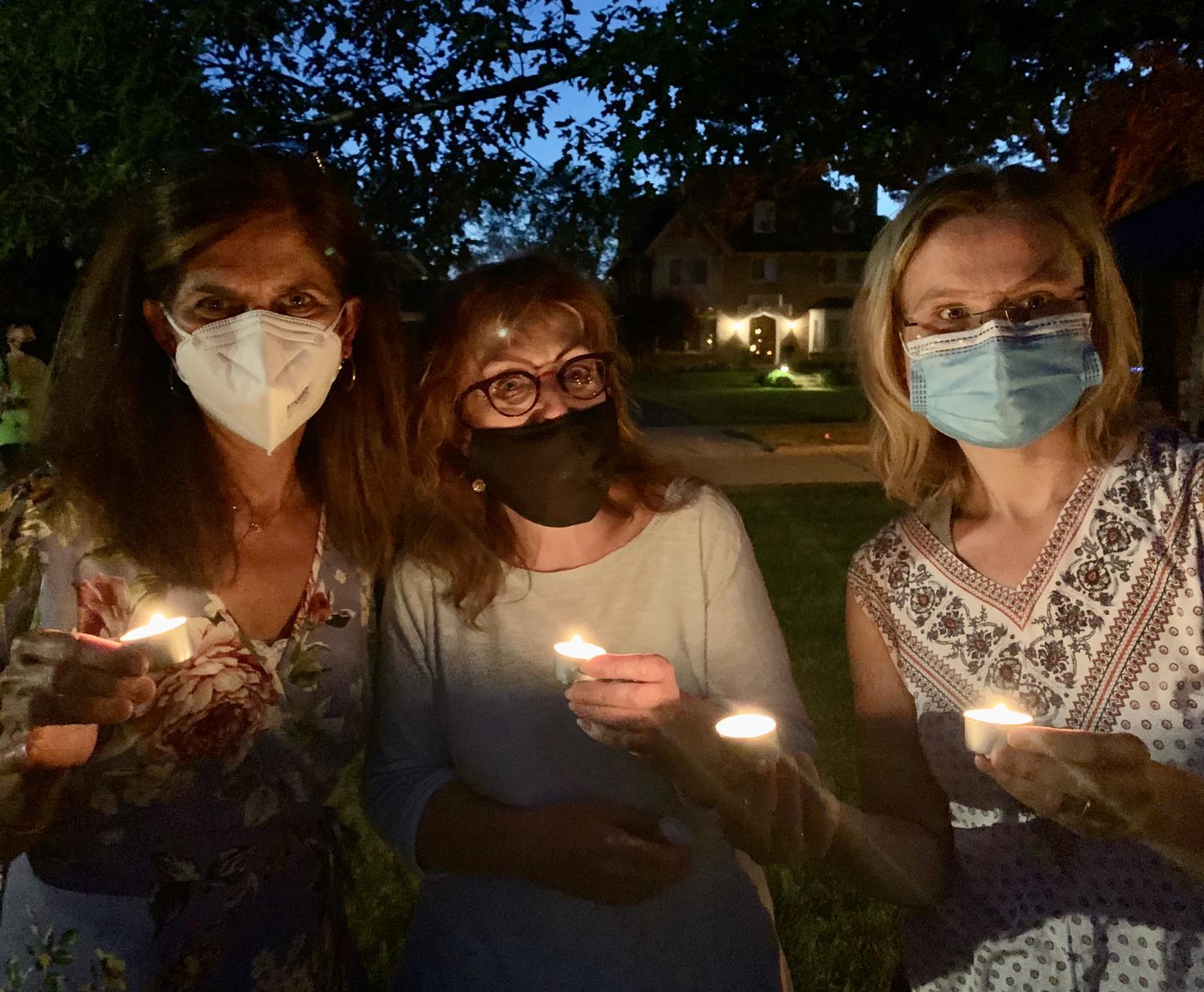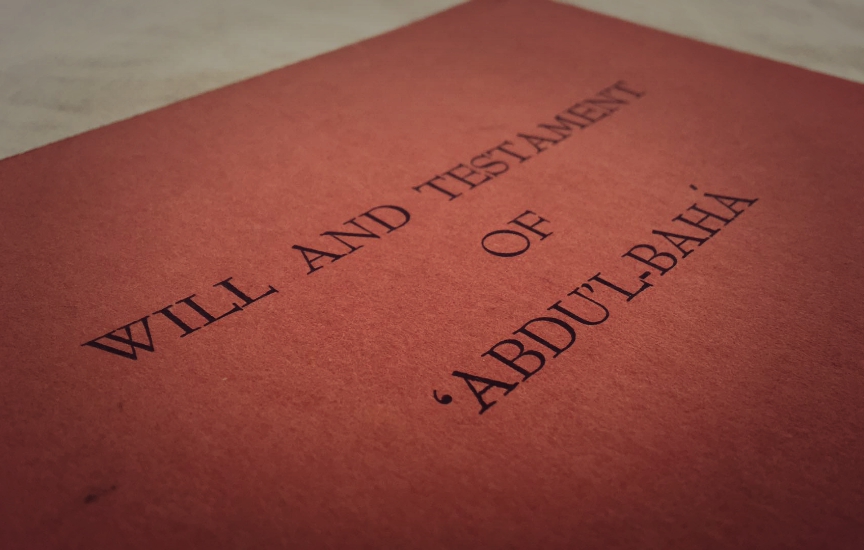Growing up in a small town has its benefits: kids often enjoy a tight-knit community and relative safety. But they may not have as many opportunities to expand their horizons as their urban peers do.
Take Federalsburg, Maryland, a town of 2,700 nestled near the center of the Delmarva Peninsula between Chesapeake Bay and the Atlantic Ocean. “Federalsburg is a town with a lot of children and not much to do,” says high school student Joseph Foster. “They get bored and turn to other stuff.”
Continue reading
